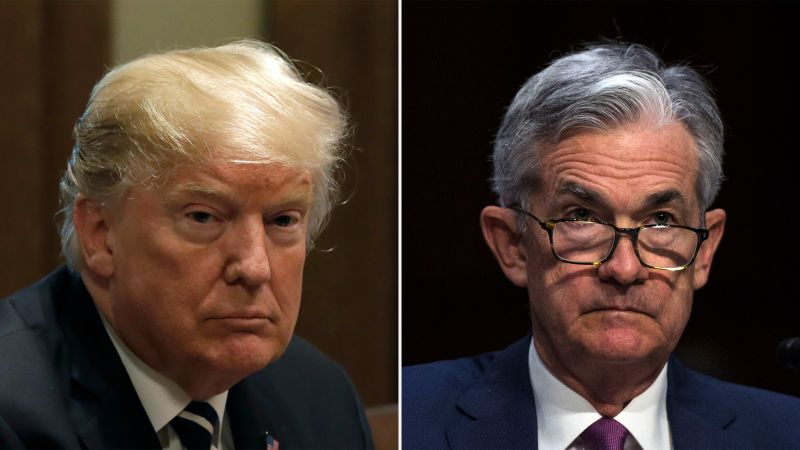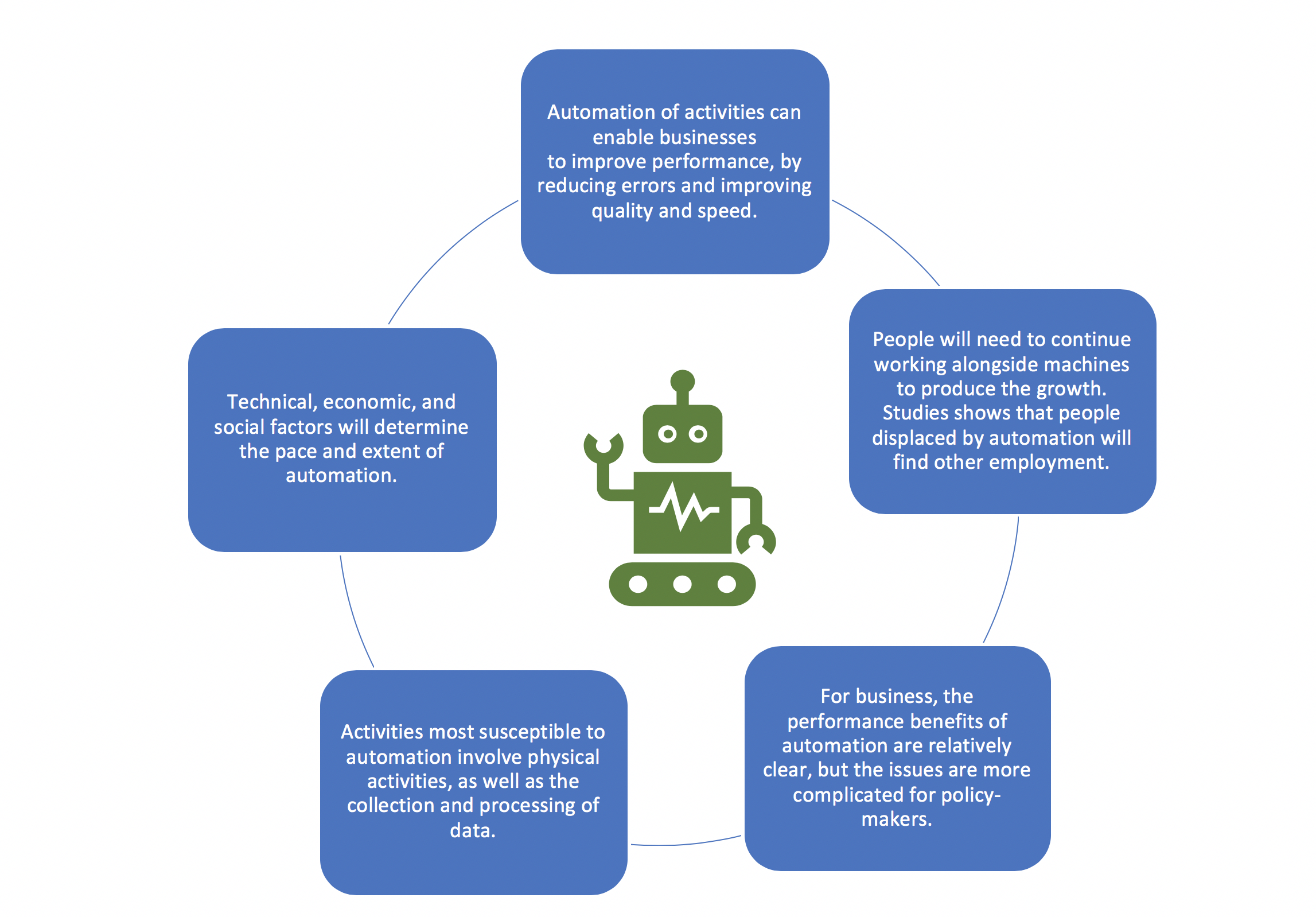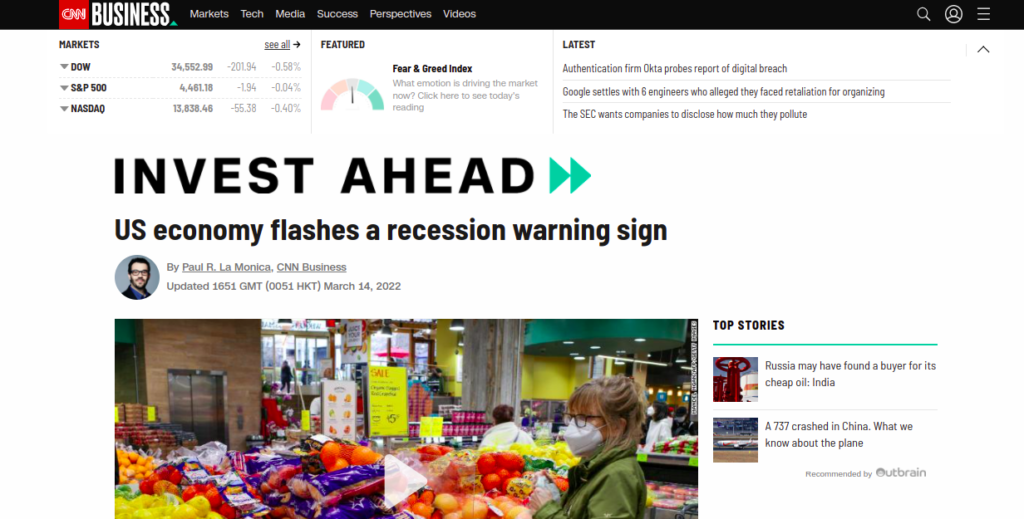In a dramatic turn of events, the question of can Trump fire Fed chairman Jerome Powell has once again captivated the public and financial analysts alike. Trump’s turbulent relationship with the Federal Reserve has often been marked by sharp disagreements over interest rates and economic strategies. As the Trump economy faces various challenges, including rising inflation fears, the prospect of Powell’s termination has spurred intense market reaction and speculation. Various analysts warn that such a move could undermine the Fed’s independence, which is crucial for maintaining stable economic conditions. With only a year left in Powell’s term, the potential for Trump to remove him raises critical discussions about the future direction of U.S. monetary policy and its implications for the broader economy.
The ongoing discourse about the Federal Reserve’s leadership reaches a pivotal moment as President Trump contemplates the fate of Jerome Powell. This scenario raises important questions about the balance of power within the United States’ financial governance structures. Rumblings of executive intervention in the Federal Reserve’s operations could significantly sway market confidence and have lasting effects on economic stability. Given the complexities surrounding monetary policy, understanding how presidential influence might reshape strategies is vital. Analysts emphasize that the ramifications of such actions could echo throughout national and global markets, highlighting the importance of institutional independence in the face of political pressures.
The Implications of Trump’s Threat to Fire Fed Chairman
The prospect of President Trump firing Federal Reserve Chairman Jerome Powell has sent shockwaves through financial markets. Investors are acutely aware that such an action could undermine the long-standing independence of the Federal Reserve, potentially destabilizing the already tumultuous economic environment. The Federal Reserve plays a crucial role in managing monetary policy, and any perception that it operates under political pressure could lead to increased market volatility. Losing Powell could mean a shift toward looser monetary policies favoring short-term growth, which may fan inflation fears among investors.
Furthermore, taking the drastic step of firing Powell would likely spark a significant market reaction. Investors tend to favor stability and predictability, and a shake-up at the Fed might lead to rising long-term interest rates as markets adjust their expectations of inflation. With inflation being a central concern for the Fed’s current policies, the uncertainty surrounding leadership changes could deter investment and impact economic growth negatively. As such, while Trump has hinted at wanting to replace Powell, many analysts argue that the potential backlash makes this a risky proposition.
Federal Reserve Chair’s Role in Economic Stability
Jerome Powell, as Chairman of the Federal Reserve, plays a critical role in maintaining economic stability through sound monetary policy. Under Powell’s leadership, the Fed has focused on controlling inflation while supporting economic growth. The balance between these two objectives is delicate; overly aggressive cuts to interest rates could lead to inflation, impacting the overall economy in the long run. Trump’s dissatisfaction with Powell’s reluctance to lower rates aggressively reflects the tension between short-term political goals and long-term economic health.
In this context, the chair’s ability to independently navigate monetary policy becomes paramount. The Federal Reserve, while a part of the government, operates with a mandate to prioritize economic stability over political pressures. If Powell were replaced by someone more amenable to Trump’s policies, it could compromise the Fed’s credibility, leading to judgments about its independence being called into question. Thus, protecting Powell’s position not only preserves monetary policy integrity but also reassures markets that the Fed is dedicated to pursuing its inflation and employment goals without undue political influence.
Potential Legal Challenges in Ousting the Fed Chairman
While there is speculation surrounding Trump’s authority to fire Powell under current U.S. law, the legal landscape remains complex. The Federal Reserve Act does provide some protections against arbitrary dismissal, aiming to uphold the independence of the central bank. Legal scholars argue that unless the president can demonstrate just cause, attempting to remove Powell could violate the structure intended to separate monetary policy from political whims. This potential legal battle could further aggravate market reaction and investor sentiment.
Adding to the complexity, recent Supreme Court decisions have cast doubt on the long-held understandings of ‘for cause’ protections in independent agencies. The case surrounding the Consumer Finance Protection Bureau hints at a shifting attitude towards executive authority over independent bodies. Therefore, any presidential attempt to remove Powell may not only face pushback from the Fed’s legal framework but could also enter uncharted legal territory, intensifying market uncertainty and disruption.
Market Reactions to Possible Fed Leadership Changes
Market reactions to potential leadership changes at the Federal Reserve can be quite pronounced. The financial community often reacts to perceived threats to the Fed’s independence, leading to fluctuating interest rates and investment decisions based on fear of monetary policy shifts. For instance, if Powell were to be ousted in favor of a chair who prioritizes short-term growth over inflation control, the long-term consequences could lead to distrust among investors, causing them to demand higher premiums on long-term debt.
The core of the matter lies in the central bank’s credibility. Investors are keenly aware that the Federal Reserve’s commitment to controlling inflation is crucial for market stability. An abrupt change in leadership may signal that the bank is now susceptible to political influences, thereby eroding trust. Consequently, the long-term interest rates would rise as investors grapple with the uncertainty of the Fed’s future direction. Overall, the market reactions underscore the sentiment that maintaining a reputable and independent Federal Reserve is critical for sustaining economic growth.
Looking Ahead: The Future of Fed Monetary Policy
As the economy navigates uncertain times, the future of U.S. monetary policy remains a pivotal topic of discussion. Should Trump choose to stick with Jerome Powell, it may reflect a stabilizing decision aimed at preserving investor confidence. However, should his replacement become imminent, markets are likely to keep a watchful eye on the new chair’s stance on interest rates and inflation control, as these factors will be pivotal in shaping economic conditions moving forward.
In light of the challenges presented by the current economic climate, ensuring continuity in leadership at the Federal Reserve might be critical to mitigating inflation concerns and maintaining investor trust. As discussions of Trump potentially firing the Fed chairman linger, establishing a seamless transition without market disruption will be essential for promoting economic stability.
Frequently Asked Questions
Can Trump fire the Federal Reserve chairman Jerome Powell?
President Trump does have the authority to call for the removal of the Federal Reserve chairman, Jerome Powell, but actually firing him is legally complex. The Federal Reserve Act allows for removal of governors for cause; however, whether this applies to the chair is still debated. While Trump hinted at firing Powell, it’s important to note that such an action could lead to market instability due to concerns over the Fed’s independence.
What would happen to the Trump economy if Jerome Powell is fired?
If Trump were to fire Jerome Powell, it could negatively impact the Trump economy by creating uncertainty in financial markets. Investors may fear a shift towards a more aggressive monetary policy, leading to instability in interest rates, potentially causing long-term interest rates to rise, which could burden the overall economy.
How would markets react to Trump firing the Fed chairman?
Markets are likely to react negatively to the prospect of Trump firing the Fed chairman. This could lead to increased volatility as investors fear that the independence of the Federal Reserve would be compromised, raising concerns about inflation and prompting higher long-term interest rates.
What legal grounds does Trump have to fire Jerome Powell?
While the Federal Reserve Act allows for the removal of board members for cause, it is unclear if this includes the Fed chairman. Recent court decisions have raised questions about the extent of presidential removal authority over independent agency heads, including the chair of the Federal Reserve, making the legal grounds for firing Powell uncertain.
Does the independence of the Federal Reserve matter in a Trump firing scenario?
Yes, the independence of the Federal Reserve is crucial for maintaining market trust. If Trump were to fire Powell, it could diminish the Federal Reserve’s credibility as an inflation fighter, leading to higher long-term interest rates and reduced investor confidence.
What could be the long-term effects of Trump attempting to remove the Fed chairman?
Long-term effects of Trump attempting to remove the Fed chairman could include a significant erosion of the Federal Reserve’s independence, leading to less effective monetary policy. Markets may react negatively, leading to increased borrowing costs and slower economic growth as uncertainty rises.
Would replacing Powell with another Fed chairman calm market jitters?
Replacing Powell with another Fed chairman may not calm market jitters immediately, as markets might interpret the removal itself as a signal of intent to shift towards a more accommodative monetary policy, which could spark further volatility.
How does the firing of the Fed chairman align with Trump’s economic strategy?
Trump’s dissatisfaction with Jerome Powell stems from their disagreements over interest rates and monetary policy. Firing Powell could be seen as an attempt to align the Federal Reserve’s policies more closely with Trump’s economic strategy, which favors lower interest rates to stimulate growth.
What implications does firing the Fed chairman have on interest rates?
Firing the Fed chairman could lead to significant changes in interest rates. If a new chairman is appointed who favors looser monetary policies, it could lower short-term rates, while uncertainty regarding Fed independence may drive up long-term rates due to inflation concerns.
Why is there public concern over Trump firing the Fed chairman?
Public concern over Trump firing the Fed chairman stems from fear that it would undermine the Federal Reserve’s independence, crucial for effective monetary policy. Markets depend on the Fed’s credibility to manage inflation and stabilize the economy, so any perceived political influence could lead to increased market volatility.
| Key Point | Detail |
|---|---|
| Can Trump fire Fed chairman? | Yes, it’s theoretically possible, but legal interpretations and market reactions complicate the issue. |
| Power to remove | The law allows for removal ‘for cause’, but interpretations regarding whether this applies to the Fed Chair are debated. |
| Market Concerns | Firing Powell could disrupt market trust in the Fed and lead to increased interest rates due to fears of inflation. |
| Independence of Fed | The Fed’s independence is vital for long-term economic stability, and removing its chair disrupts this principle. |
| Legal arguments | Recent Supreme Court decisions have shifted the understanding of ‘for cause’ removal protection in independent agencies. |
| Effects on policy | The chair has substantial influence, but decisions require consensus, and removal can disrupt this process. |
| Possible successor impact | Markets may not calm down even with a newcomer, as removal signals a shift towards potentially looser monetary policies. |
Summary
Trump firing Fed chairman has caused significant concern in financial markets due to the implications it would have on the Federal Reserve’s independence and credibility. Although it is theoretically possible for Trump to remove Jerome Powell, such an action would likely provoke instability in the economy, reflecting fears of inflation and tighter monetary policies. Understanding the complexities around the potential removal illustrates the intricate balance between political influence and economic stability, underscoring why the Federal Reserve’s independence is paramount.



